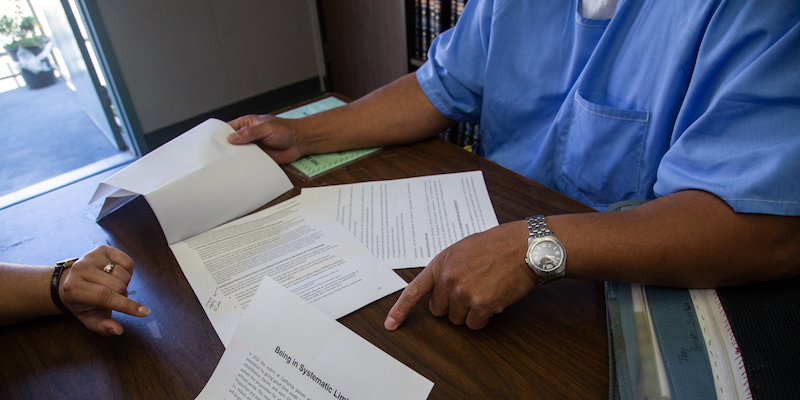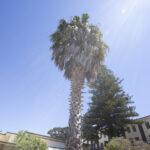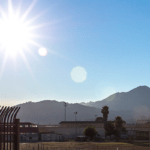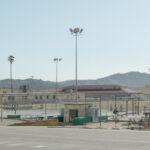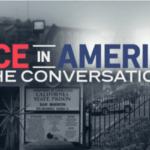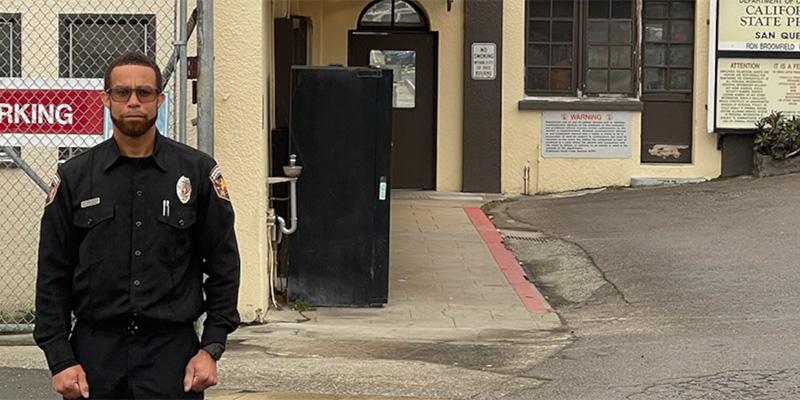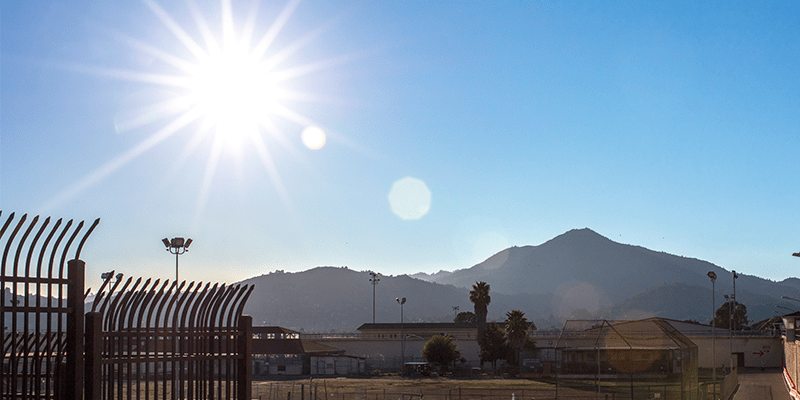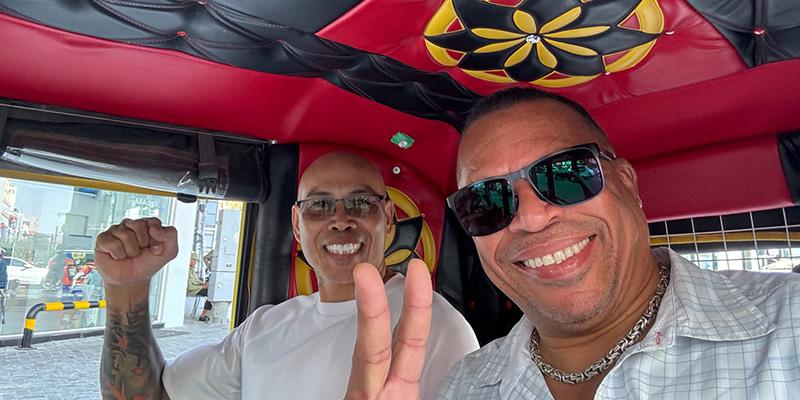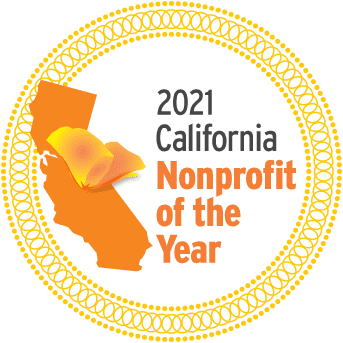Dear friends,
I hope you are all safe and as well as can be in these strange and hard times. We are still unable to run our college inside the prison, and we miss our students and regular activities tremendously. However, in the meantime we are working on a number of projects to serve our current and former students and to build our college for the future. Updates on our students and some of our projects are below.
Student News
As you’re likely aware, San Quentin was the site of a COVID-19 outbreak that infected approximately two-thirds of the prison. Twenty-six incarcerated people and one officer died in that outbreak. Two of our students were in that number.
In better news, almost 100 of our students have been released from San Quentin since March.
We’re hopeful that there won’t be a second wave of COVID-19 at the prison, but we nevertheless anticipate not being able to resume programs in the prison for some time.
Academic and Educational Programming
In the absence of normal programming, our goal is to continue to offer opportunities for students to learn, think, and engage and to build our college for the future when we can return to campus. This fall, we will be offering the option to students in three Spring 2020 courses to complete these courses remotely: US History, Ethics, and Comparative Religion. The criteria we used to determine courses that students might complete remotely were that students must be able to obtain the remaining course skills, learning, and content without feedback from instructors, by reading and writing alone, and without scaffolding, repeated lessons, or regular assessments, so it was only the three more advanced courses, in which students need less feedback and in-person attention, that qualified. Huge thanks to Ian Sethre, Bill Smoot, Benjamin Perez, and Oliver Organista for your willingness to take on this further teaching!
We are also putting together a reader to send to all students and former students inside the prison, with contributions from many of our faculty. This will be going out in early October, and includes a wide range of fiction, non-fiction, brain teasers, and other intellectually challenging and engaging texts, as well as discussion prompts for further analysis. Our goal is to provide all students with material to help them continue their intellectual growth and discovery, even in the absence of regular coursework. Thank you to everyone who contributed! We will also be sending an activity packet to students who were enrolled in the 99s in the spring.
To continue such opportunities as the pandemic extends into 2021, we’re currently exploring the feasibility of non-credit distance learning modules for Spring 2021. Like the non-credit workshops we’ve conducted in person the past, in topics such as financial accounting, public policy, and environmental justice, these units would introduce students to a discrete topic and allow them the chance to maintain their studies. While it is clear that such projects in no way replace face-to-face learning, we hope to continue to offer students projects to engage their minds and intellects.
We are mindful that our students only make up a portion of those incarcerated at the prison, and that the past six months have run the gamut of extreme stress to illness to trauma for all inside, so we’re happy to have been able to provide some resources available to all those incarcerated at San Quentin as well as to San Quentin staff. Thanks to support from colleagues at iTVS, we’ve been able to supply dozens of documentaries for everyone incarcerated at San Quentin to view on SQTV, the closed-circuit television inside the prison. We sent two sets of packets to all at San Quentin, in April and again in July, with reading material, soap, beef jerky, packets of fish, envelopes and stamps, and other essential goods. We also provided hot food and on-site showers to San Quentin staff. (For more on these efforts, see “Our COVID-19 Response Initiative for the Incarcerated Community in California”.)
An especially exciting development is the work we’ve been doing to expand student access to technology. We’re doing intensive research into options for bringing laptops into the prison for students to use for research, learning, and writing. It’s unclear yet whether there we will be able to use this initiative to develop short-term remote learning opportunities, or if we will have to wait until we can run our physical program again to make laptops available to students, but we are exploring all options, with the help of a consultant, Ethan Annis, with whom we’ve developed a comprehensive plan for our college’s technological advances. As faculty and students well know, this will mark an enormous advance, from the days of our “technology” consisting of whiteboards, DVD players, and overhead projectors, and will allow students access to a panoply of learning opportunities and advances, not to mention befitting our status as an independent college.
Finally, with the partnership and guidance of David Cowan, our Director of Operations, who is also the co-founder of the re-entry organization, Bonafide, we’re working to build out our Alumni Affairs division, to better communicate with and serve our former students. This work involves networking with and offering opportunities and resources for paroled former students, including workshops in computer literacy, workforce development, and financial literacy. Our Director of Student Affairs, David Durand, is leading this work, and we look forward to expanding it back inside the prison to students preparing for parole.
Accreditation
We are moving forward with preparatory work for our independent accreditation application, which is required to move us from Candidacy to Independent Accreditation. This work consists largely of building our capacity to assess student learning and institutional effectiveness. Huge thanks go to Theresa Roeder and Josie Innamorato, who have been leading some key math program review pieces, including a review and analysis of students’ math autobiographies, and generating a report from external reviewers on our math program, which will guide our path to improving it in the future. Last, we have contracted with and started implementing our new student information system, the software that will help us track and report on student data. Because we aren’t currently able to run classes, some data collection on current student learning is impossible, but we’re doing our best to prepare for learning assessment and for reporting on student achievement when we return to the prison, all of which will support the final goal of independent accreditation.
In a time of immense loss and change, when we miss our students and regular program tremendously, we are all working hard to maintain our contact with and support of students and to build towards an improved college. Without wanting to proclaim any positive aspect of a pandemic or wildfires, or any of the other challenges our nation and world currently face, our work gives me hope and determination to continue to move forward.
My very best wishes,
Amy
